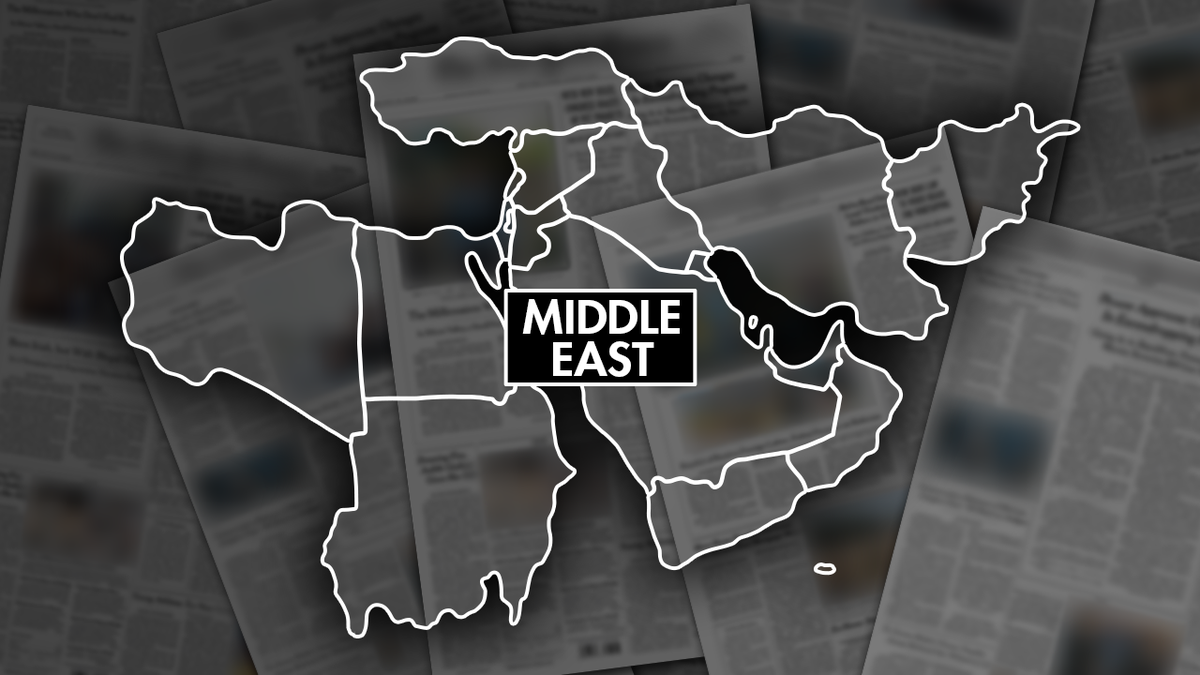A French court has denied an appeal by Lebanon's central bank chief, Riad Salameh, to unfreeze his assets, according to a source familiar with the investigation. This decision maintains the freeze on Salameh's assets amidst ongoing probes into alleged financial misconduct.
Salameh, along with his associates, is under investigation in multiple European nations for suspected financial crimes, including illicit enrichment and laundering of approximately $330 million. An international arrest warrant was issued for the 72-year-old governor in May after he failed to appear for questioning in Paris. France, Germany, and Luxembourg collectively froze over $130 million in assets linked to the investigation back in March 2022, targeting five individuals suspected of money laundering.
The central bank governor has consistently denied the corruption allegations, asserting that his wealth originates from his career as an investment banker at Merrill Lynch, inherited properties, and investments. He has stated he will only resign if formally convicted of a crime.
Earlier this year, Lebanese authorities charged Salameh, his brother Raja, and associate Marianne Hoayek with corruption. Last week, Hoayek was questioned in France, where she reportedly agreed to not return to her position at the central bank, avoid contact with the Salameh brothers, and paid bail of $1.63 million. She maintains her innocence, claiming her wealth is primarily inherited from her father.

Both Riad and Raja Salameh did not appear for questioning in France. A European delegation questioned Salameh in Beirut in March regarding the Lebanese central bank's overseas assets and investments, a Paris apartment owned by the governor, and his brother's brokerage firm. Reports indicate that the central bank employed Raja Salameh's firm, Forry Associates Ltd., to manage government bond sales, allegedly resulting in $330 million in commissions for the firm.
Salameh, a dual Lebanese-French citizen, has held his position for nearly three decades but plans to resign at the end of his term in July. While once lauded for maintaining Lebanon's financial stability, he is now widely criticized for his role in the country's economic collapse, a crisis that has plunged a significant portion of the population into poverty.
Comments(0)
Top Comments